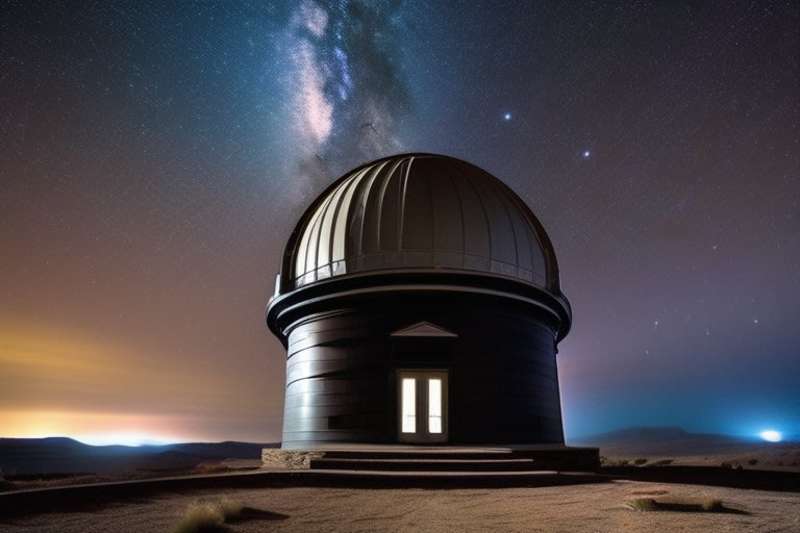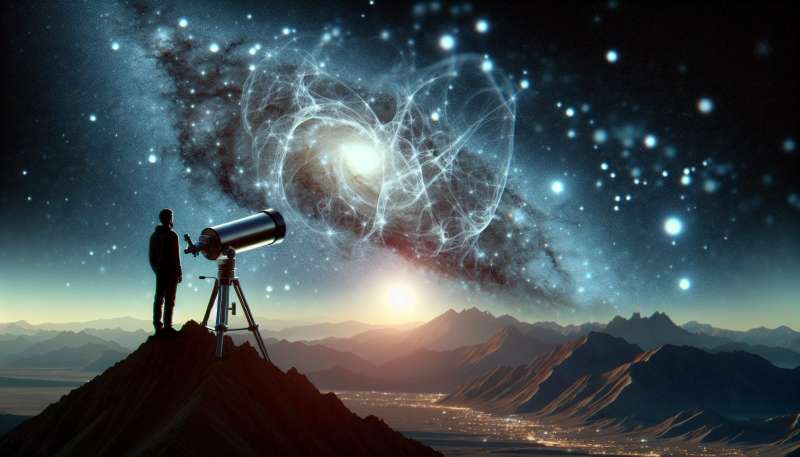
Astronomy: Celestial Science
Astronomy is the study of celestial phenomena beyond Earth's atmosphere. It covers the evolution, physics, chemistry, meteorology, and motion of celestial objects, as well as the formation and development of the universe.
Stars: Sun's Distant Cousins
Stars are massive, luminous spheres of plasma. Surprisingly, the nearest star, Proxima Centauri, is over 4.24 light-years away. Despite their twinkling appearance, stars don't actually twinkle but appear to due to Earth's turbulent atmosphere.
Galaxies: Universe's Building Blocks
Galaxies, vast assemblages of stars, dust, and dark matter, number in the trillions. The Milky Way is our home galaxy, containing our Solar System. It's estimated to be over 100,000 light-years in diameter.
Cosmic Speed Limits
Nothing travels faster than light in a vacuum, clocking in at approximately 299,792 kilometers per second. This universal speed limit governs the dynamics of the cosmos and limits how we observe the universe.
Planets and Their Moons
Our Solar System consists of eight planets, each with unique characteristics. Did you know Jupiter has 79 moons, with Ganymede being larger than the planet Mercury? The diversity of moons in our Solar System is astounding.
Mysteries of Dark Matter
Dark matter, an invisible substance, makes up about 27% of the universe. It doesn't emit, absorb, or reflect light but exerts gravitational influence on visible matter, affecting the rotation of galaxies.
Expanding Universe Puzzle
The universe is expanding at an accelerating rate. This counterintuitive discovery, attributed to dark energy, suggests that 68% of the universe is this mysterious force, driving galaxies apart ever faster.Surprising Galactic Cannibalism
Our Milky Way is on a collision course with the Andromeda Galaxy, set to merge in about 4.5 billion years!
What is astronomy concerned with?
Earth's atmospheric phenomena
Celestial phenomena study
Biological life beyond Earth
Company